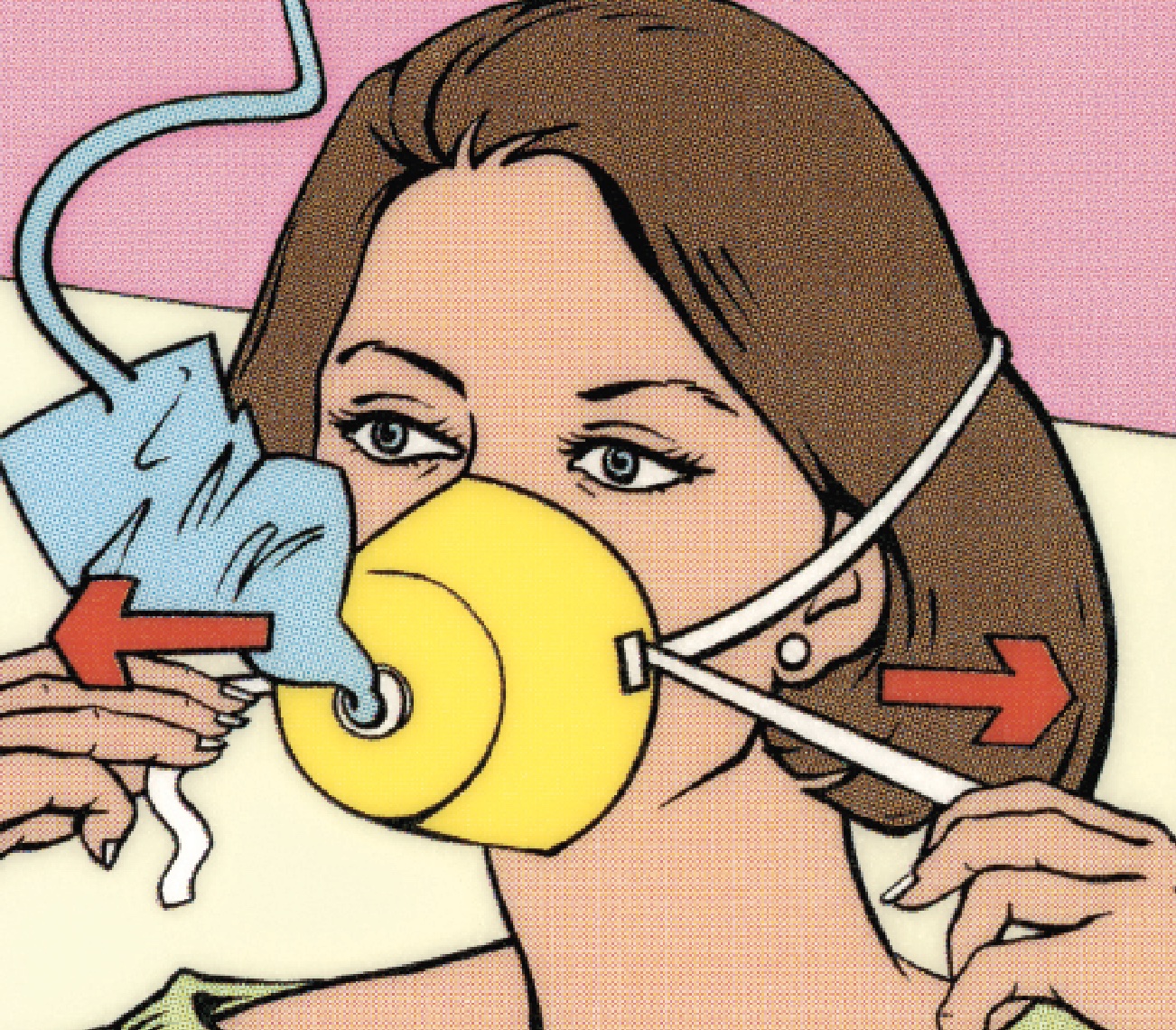
Advice to leaders: In case of emergency, put on your oxygen mask first
April 18, 2022
By
Lisa McGuire
 We all know the drill – we’ve heard it every time we’ve boarded an airplane. “In the event of an emergency, put on your oxygen mask first before helping others.”
We all know the drill – we’ve heard it every time we’ve boarded an airplane. “In the event of an emergency, put on your oxygen mask first before helping others.”
The reasoning behind this is obvious: It’s impossible to care for others when you are incapacitated. Then, why is it that so many leaders struggle to care for themselves so that they can take good care of their people?
The challenges facing manufacturing over the last two years have taken a toll on workers, and it’s also impacted those in leadership positions. Unfortunately, leaders often choose to take care of themselves last.
Usually the first in, and the last home, they work through lunches and weekends, don’t make time to recharge and adequately fuel their bodies, and often defer taking a vacation.
The pandemic, coupled with a series of natural disasters in British Columbia, has blurred the lines between work and home more than ever. Leaders find it increasingly difficult to separate themselves from work and spend quality downtime. The stress of taking care of their people and business during the pandemic and other emergencies bombarding our communities often has leaders turning a blind eye to their health.
Here are some things to consider to keep yourself physically and mentally fit to make the complex decisions needed for your business and people.
Self-care is NOT selfish
Taking care of yourself is an essential lifestyle practice for good health. It’s both a preventative and proactive part of a healthy lifestyle. It’s critical to take care of both your physical and mental health so you can be at your best as a leader.
Take breaks throughout the day. Microbreaks (five minutes or less) can be an effective way to reset. Get up for a stretch, have a quick chat with a colleague, or make a cup of tea. Studies show microbreaks can improve your concentration and reduce workplace stress.
Get enough sleep. Workplace fatigue leads to many undesirable consequences. It increases accident risk, impairs decision-making, and reduces productivity. There has been a trend amongst leaders to deprioritize sleep – even brag about only needing “four hours of sleep a night.” Research suggests a strong link between effective leadership and adequate sleep. With the increasing demands of leaders, you cannot afford to be operating at less than optimum performance.
Set boundaries. Ask yourself, “Do I need to take every opportunity, especially when my plate is already overflowing? “ Or, “what would happen if I let someone else take care of this?” Learn to delegate tasks that don’t require your attention. Often, leaders choose not to delegate because they fear the work won’t meet their standards. Developing your team is an essential leadership responsibility – knowing that mistakes are part of learning. Leaders can’t lead when they are doing all the work themselves.
Look after your physical and mental health. You know what a model lifestyle is – eat a healthy diet, exercise, practice mindfulness. Find enjoyment outside of work that allows you to disconnect from the stress of the office. These activities could include connecting with friends and family, enjoying a hobby, joining a team, or volunteering. These activities allow you to recover and bring new and innovative solutions to work when practiced regularly.
Practice grace. The crises of the last two years have shown us all that there are some things we have little or no control over. It’s essential to recognize that you won’t have all the answers for leading through events like the pandemic, fires and floods, and the rise of war. Be honest to yourself and your team on the situation at hand and your limitations, knowing that you cannot be all things to everyone. When faced with an uncertain and rapidly changing situation – focus on being adaptable instead of controlling.
Taking time for self-care will make you a stronger, more effective leader. Chronic stress can negatively impact your ability to make good decisions. Self-care will help you build resilience and achieve higher performance levels. When you model self-care, you permit your team to take care of themselves, too.
Lisa McGuire is the CEO of the Manufacturing Safety Alliance in Chilliwack, B.C.